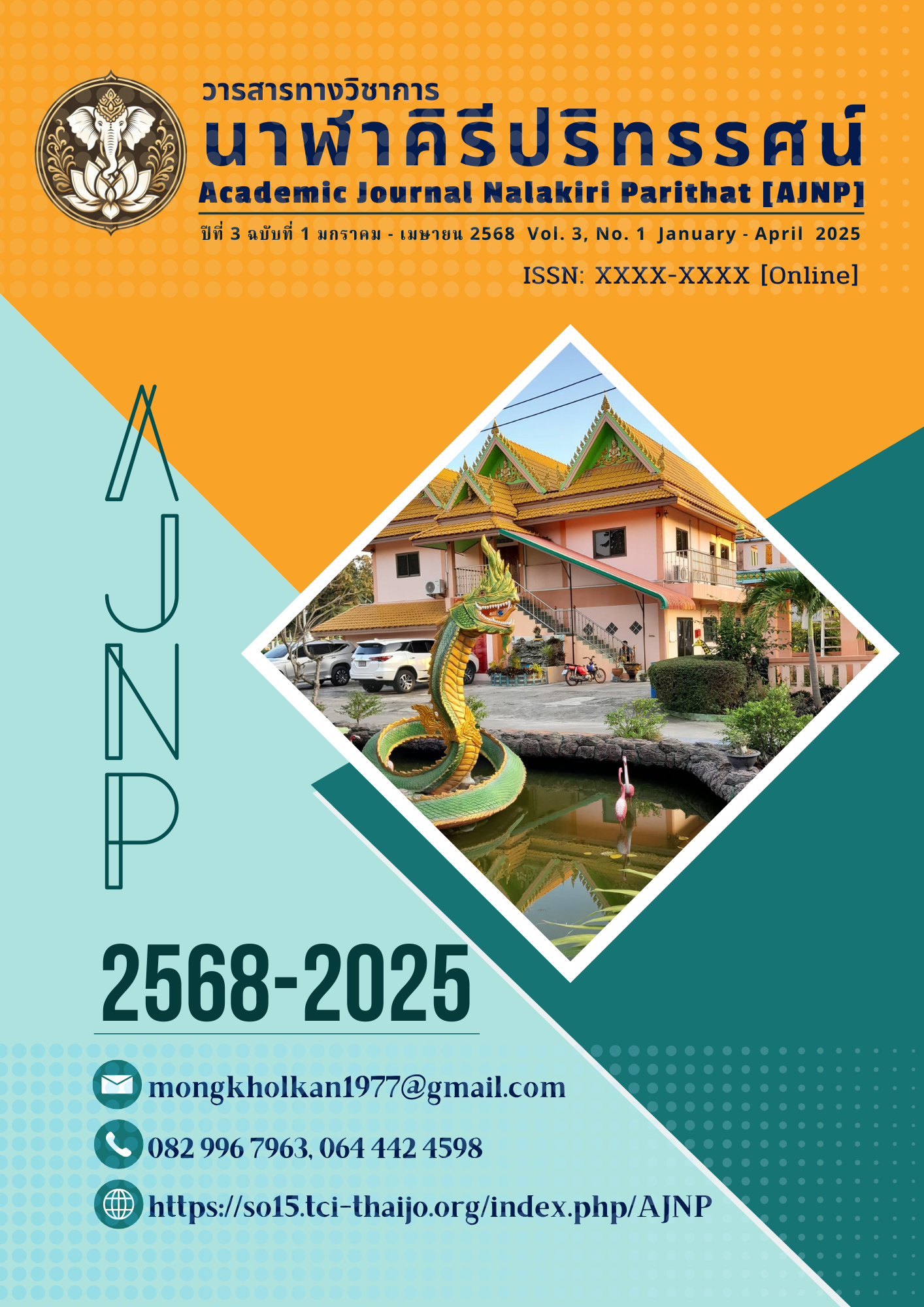ORIGIN OF PRECEPTS FOR DECENT CONDUCTS OF MONKS IN THERAVADA AND MAHAYANA BUDDHISM
Keywords:
A Compalative Study, Theravada, Mahayana,, Precepts for decent conductsAbstract
The Discipline was prescribed by the Buddha for the restricting behavior of monks aiming at living together peacefully, consisting of the fundamental precepts and out of the fundamental ones or called the precept for decent conduct of monks. In Theravada Buddhism, the origin of precepts for decent conduct of monks the Buddha prescribed as per geography, society and culture Buddhism reached to. The geographical precepts that the Buddha prescribed such as ordination, bathing, including the keeping of foods in the time of famine; social precepts such as the permission to all men from all walks of life to enter to monastery without discrimination from social status, and the purity of conduct connected with livelihood; cultural precepts such as the culture of receiving alms food, cloth dressing, shelter, medicine etc.
In Mahayana Buddhism, the origin of this kind of precept took placed due to the situation of geography that highly contrasts making the emergences of the precepts for decent conduct, for example, the ordination, the type of robe dressing etc. For the social precept, it had the development in many directions such as married monks, food cooking, and doing for the world that has changed in accordance with various places and times. In addition, the cultural precepts also have emerged, for example, eating non vegetarian food, eating food at the night time etc.
From the comparison on the origin of precepts for decent conduct in Theravada and Mahayana Buddhism, it was found that both of them have the similar points on the discipline that have both fundamental precepts and out of fundamental ones, but they have different only for the quantities of precepts, the different point of them was that Theravada Buddhism tries to keep it as original as possible, have no removing, adding or changing of any precept that the Buddha had laid down, whereas Mahayana Buddhism can remove and change this kind of precepts in accordance with place and time appropriately.
References
คณาจารย์มหาวิทยาลัยมหามกุฏราชวิทยาลัย. (2525). วินัยวินิจฉัย. กรุงเทพฯ: ธรรมสุโข.
พระธรรมปิฎก (ป.อ. ปยุตฺโต). (2542). มองสันติภาพโลกผ่านภูมิหลังอารยธรรมโลกาภิวัตน์. กรุงเทพฯ:
สหธรรมิก.
ปัญญา ใช้บางยาง. (2550). พุทธบัญญัติในพระไตรปิฎก. กรุงเทพฯ: บันลือธรรม.
แสวง อุดมศรี. (2560). พระวินัยปิฎก. กรุงเทพฯ: มหาจุฬาลงกรณราชวิทยาลัย.
เสถียร โพธินันทะ. (2522). พระพุทธศาสนามหายาน. กรุงเทพฯ: มหามกุฏราชวิทยาลัย.
Downloads
Published
How to Cite
Issue
Section
License
Copyright (c) 2025 Academic Journal Nalakiri Parithat

This work is licensed under a Creative Commons Attribution-NonCommercial-NoDerivatives 4.0 International License.



